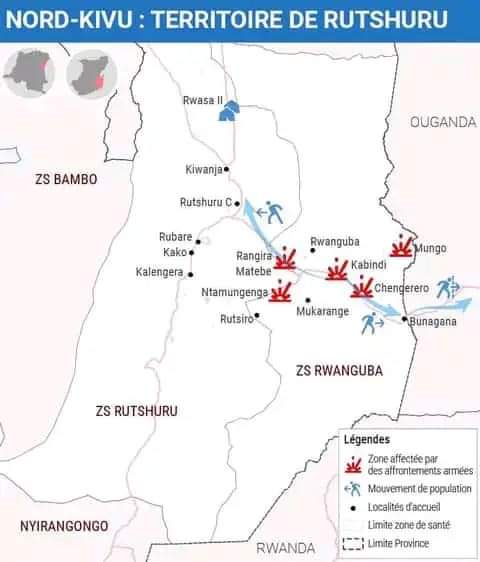Fatshimetrie: The stakes of a turbulent tripartite between Félix Tshisekedi, Paul Kagame and Joao Lourenço
The recent tripartite between Presidents Félix Tshisekedi, Paul Kagame and Joao Lourenço in Luanda was marked by tensions and misunderstandings, leaving a bitter taste in the mouths of international observers. Indeed, the provincial coordination of civil society in North Kivu strongly criticized Kigali’s position, pointing out a certain ill will on the part of the Rwandan president.
During an intervention on Radio Okapi, the president of the organization, John Banyenye, expressed his deep disappointment with the results of this meeting. According to him, Paul Kagame’s lack of commitment to guaranteeing peace in the Great Lakes region is worrying and risks worsening the already precarious security situation in the region.
John Banyenye’s accusations highlight the struggles for influence and the divergences of interests that characterize the Great Lakes region. Indeed, political, economic and security issues are at the heart of the tensions between the different regional actors, each seeking to defend its interests to the detriment of regional stability.
Faced with this situation, John Banyenye’s call for the support of international organizations such as the ICGLR, the SDADC, the AU, the United Nations and the EAC underlines the urgency of finding concerted solutions to restore peace and security in the region. It is essential that the international community engage more actively to avoid an escalation of violence and promote constructive dialogue between the different countries involved.
In conclusion, the turbulent tripartite between Félix Tshisekedi, Paul Kagame and Joao Lourenço raises essential questions about the future of the Great Lakes region. It is imperative that regional leaders put aside their personal interests and work together to ensure stability and prosperity in this part of Africa.

